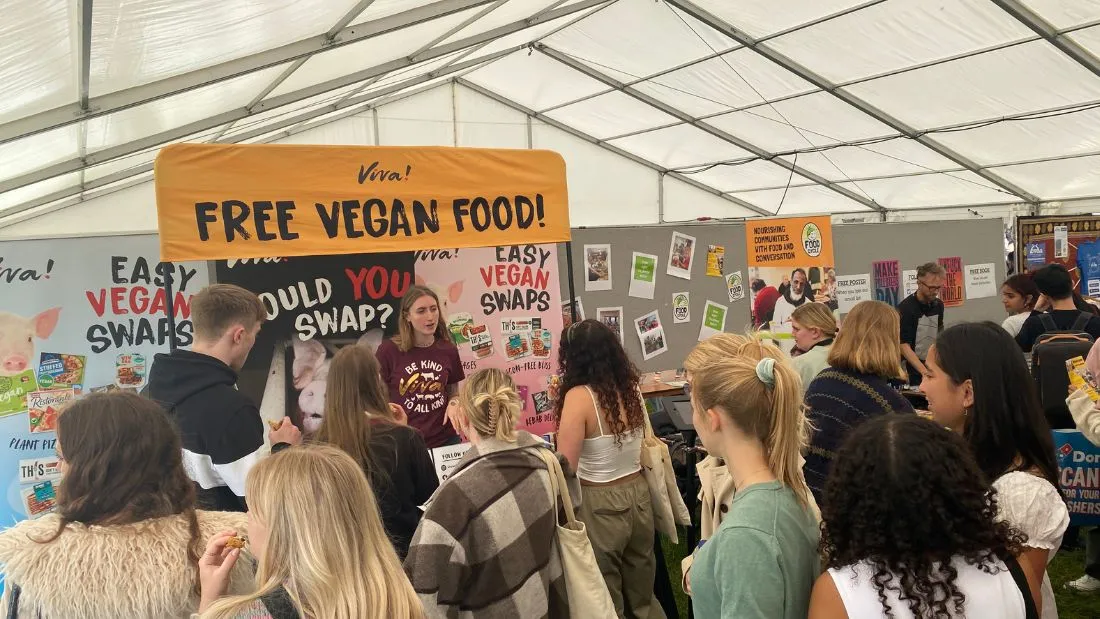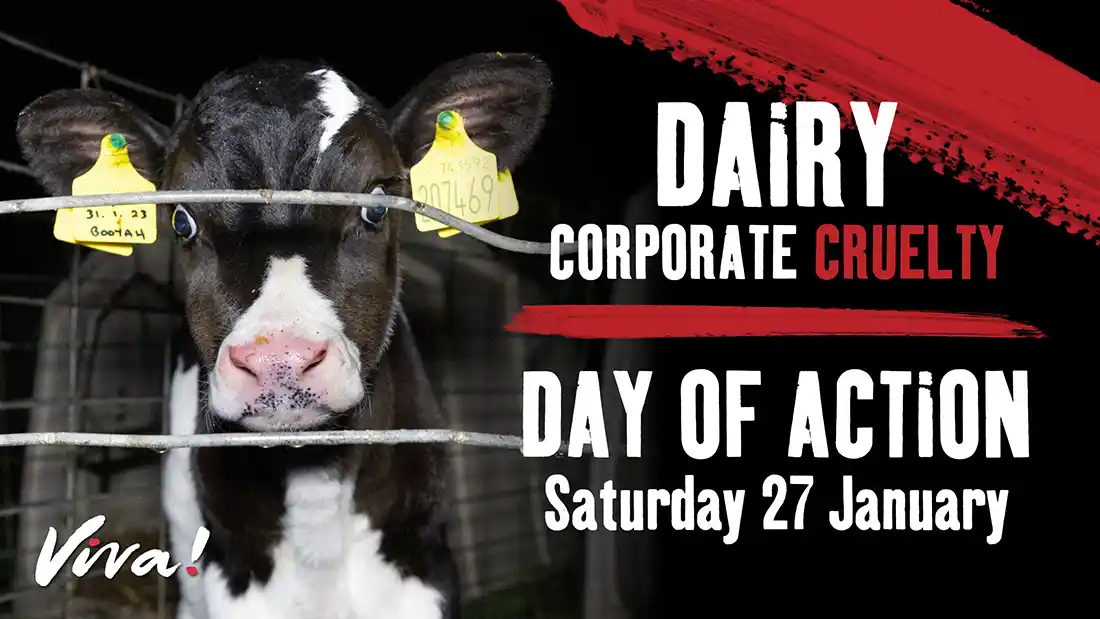Vitamin D conundrum

As more research shows Brits are not getting enough vitamin D, the government health advisers recommend we up the intake of foods containing this vitamin or take supplements in order to boost our vitamin D levels.
Vitamin D is normally made in the skin when it’s exposed to sunlight and this is the main source of vitamin D for most people. However, if you always use sun-block, cover most of your skin or live in a country like the UK, where we don’t get enough sunlight over the winter, you might need a supplement.
Dr Louis Levy, Head of Nutrition Science at Public Health England, said: “A healthy, balanced diet and short bursts of sunshine will mean most people get all the vitamin D they need in spring and summer. However, everyone will need to consider taking a supplement in the autumn and winter if you don’t eat enough foods that naturally contain vitamin D or are fortified with it. And those who don’t get out in the sun or always cover their skin when they do, should take a vitamin D supplement throughout the year.”
So what does that mean if you’re a vegan?
Just 20 minutes of exposure to sunlight on the face and arms is all that is required by the body to manufacture vitamin D (unless you’re using sun-block). However, some countries, including the UK, don’t get enough sunlight (the particular portion of sunlight responsible for vitamin D) over the winter months and it’s recommended to supplement vitamin D regardless of your diet, especially in the autumn and winter.
Fortified breakfast cereals, plant milks and vegetable margarines can be useful dietary sources if exposure to sunlight is not practicable. There are two types of vitamin D, both can be used by the body, but it’s advisable to check the source – vitamin D2 is always vegan but vitamin D3 can be of animal origin. Many vegan foods are fortified with vitamin D2 and labelled so but if not specified, especially on cereal products, vitamin D tends to be of animal origin. If you choose to supplement your diet, there are quality and affordable vegan supplements with vitamin D2 or those made from algae that contain D3 (this is recommended if you need a higher dose). When choosing the dosage, 10 micrograms per day is enough and you shouldn’t go above 25 micrograms.
Government’s press release: www.gov.uk/government/news/phe-publishes-new-advice-on-vitamin-d




